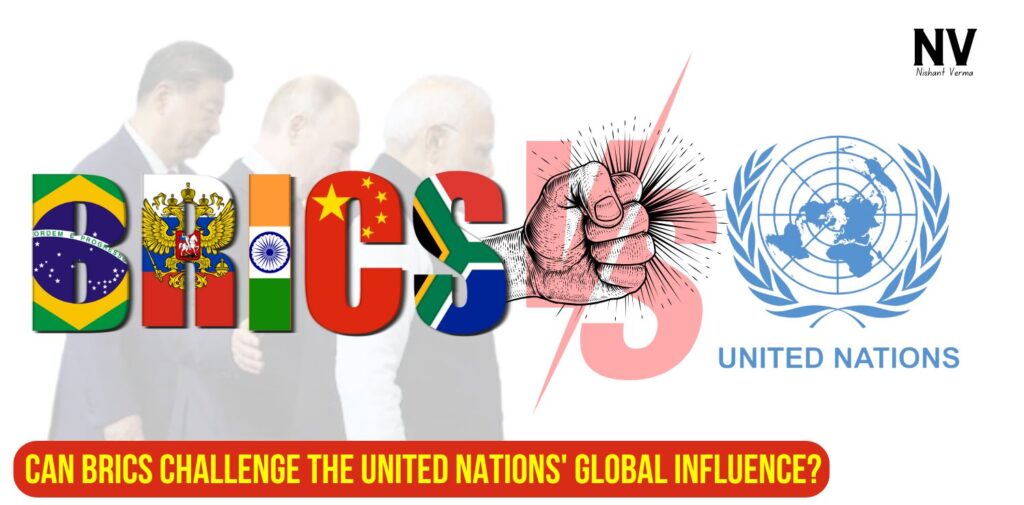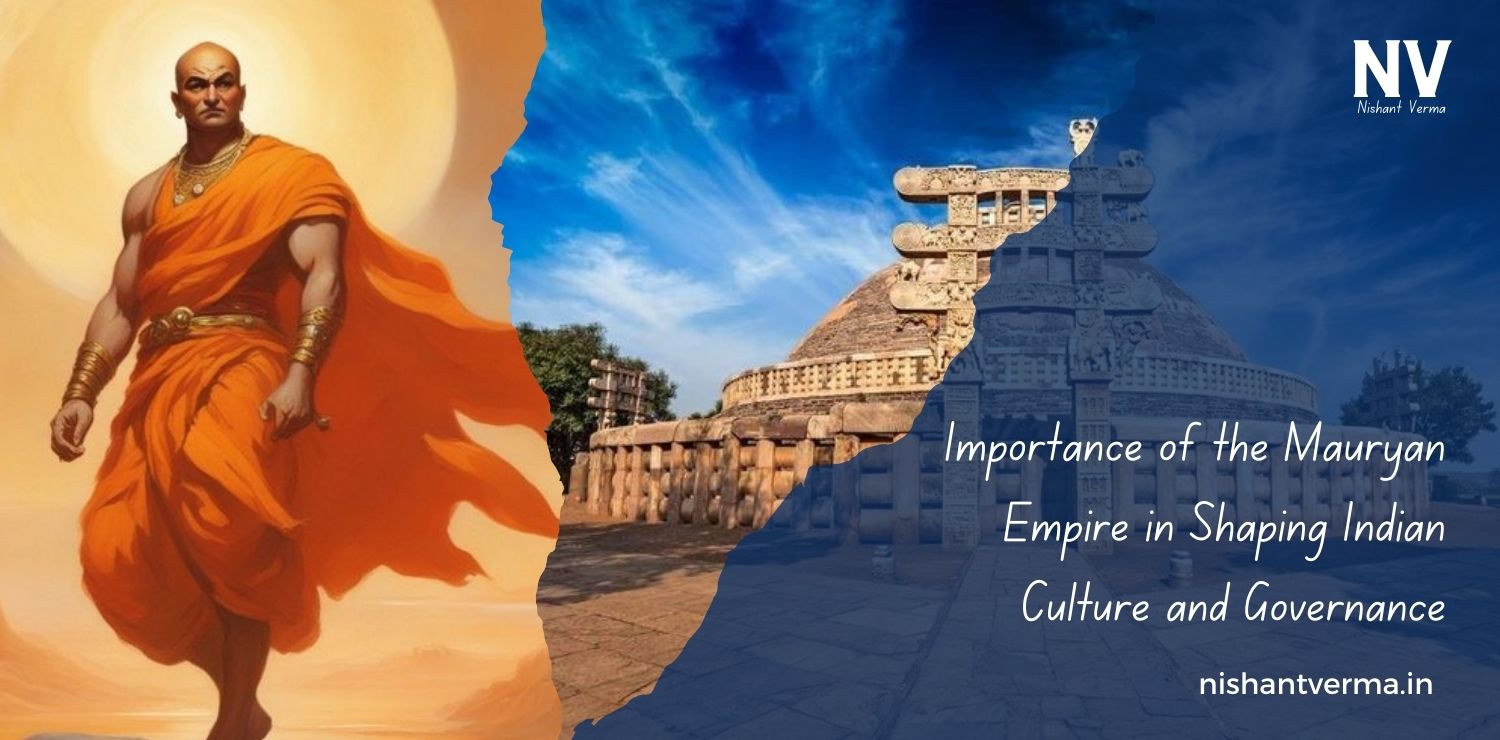In a rapidly changing world, the dynamics of international relations are evolving. As global challenges grow more complex, the role of major organizations like the United Nations (UN) comes into question. At the forefront of this shift is BRICS, an alliance of Brazil, Russia, India, China, and South Africa. With its growing economic power and political influence, many wonder: Can BRICS truly compete with the UN? Let’s explore this question by examining the origins, goals, and potential impact of BRICS on the global stage.
What Is BRICS?
BRICS is an acronym that represents five major emerging economies: Brazil, Russia, India, China, and South Africa. The group was formed in 2009, originally as BRIC, with South Africa joining in 2010. The primary aim of BRICS is to promote peace, security, and development in a multipolar world. The member countries represent about 40% of the world’s population and a significant share of global trade.
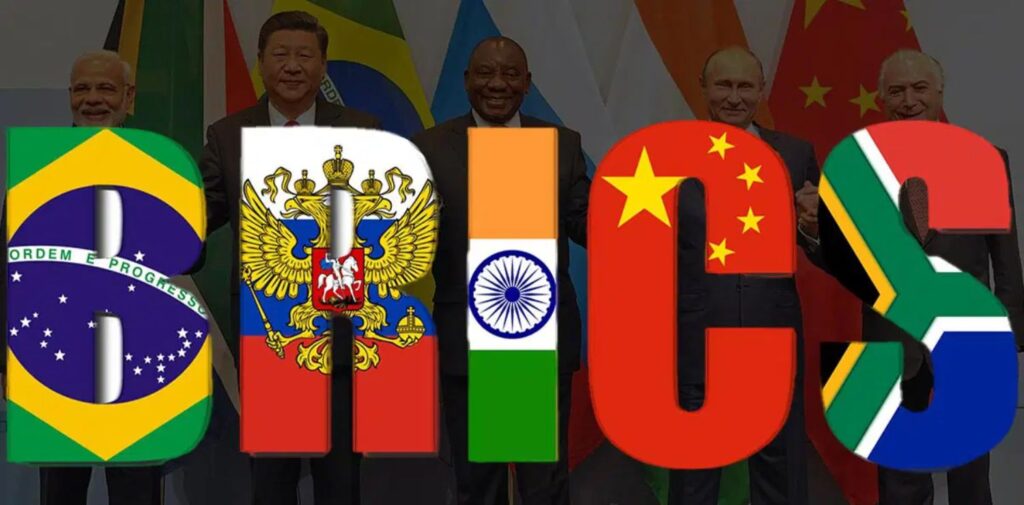
The Economic Power of BRICS
One of the most compelling aspects of BRICS is its economic clout. The combined GDP of these nations constitutes approximately 35% to 40% of the global economy, driven largely by the economic prowess of China and India. This economic strength allows BRICS to influence global trade and investment patterns, making it a formidable player on the international stage.
The Political Landscape
The political landscape is also changing. Countries within BRICS share a vision of a more balanced and equitable world order, contrasting with the Western-dominated structures of the UN. This perspective resonates with many developing nations that feel underrepresented in traditional international forums. The growing dissatisfaction with the UN’s effectiveness and perceived biases opens the door for BRICS to carve out a larger role.
How Does BRICS Operate?
BRICS operates through annual summits and various working groups focusing on issues such as trade, investment, and sustainable development. Unlike the UN, which has a more rigid structure and diverse agenda, BRICS has a more focused approach, concentrating on economic cooperation and political dialogue among its member states.
Inclusivity and Expansion
Another intriguing aspect of BRICS is its openness to new members. Several countries have expressed interest in joining the group, indicating a desire for broader representation and cooperation outside traditional Western alliances. This potential expansion could amplify BRICS’s influence, presenting a united front that could rival the UN.
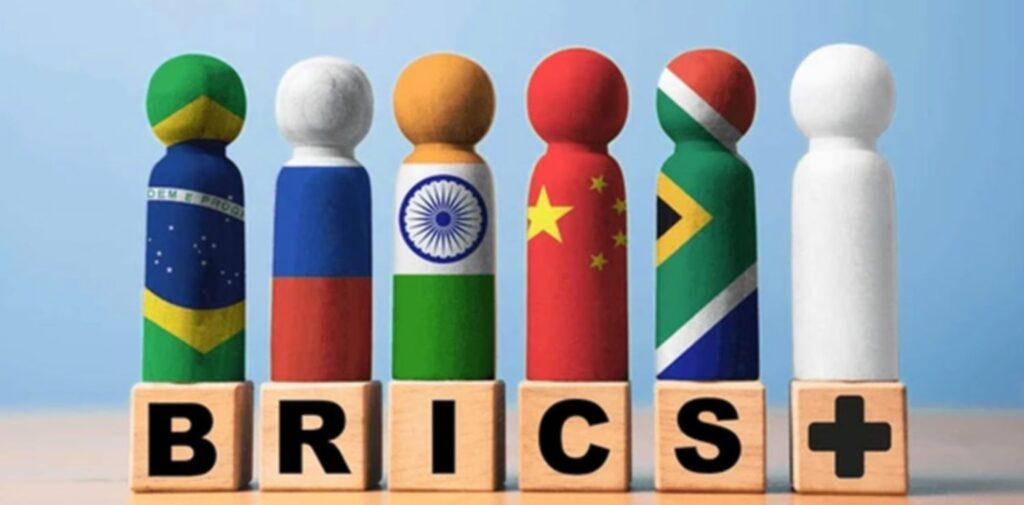
What Are the Challenges Facing BRICS?
Despite its strengths, BRICS faces several challenges that could hinder its ability to compete with the UN.
- Diverging Interests Among Members: One significant issue is the diverse interests of its member states. While they share a common goal of promoting multipolarity, their national priorities can differ greatly. For instance, China and India have had longstanding border disputes, which could complicate their collaboration. Similarly, Brazil and Russia have different political and economic agendas, making it challenging to maintain unity within the group.
- Lack of Institutional Framework: Unlike the UN, BRICS lacks a formal institutional framework. The UN has established procedures, treaties, and a range of specialized agencies that address various global issues. In contrast, BRICS operates more informally, which can lead to inefficiencies in decision-making and implementation.
- Global Perception: The perception of BRICS on the world stage is another hurdle. While it is seen as a representative of the Global South, critics argue that it has yet to prove itself as a viable alternative to the UN. Scepticism about its ability to address pressing global issues, such as climate change or humanitarian crises, persists.
Can BRICS Provide Solutions Where the UN Falls Short?
Despite its challenges, BRICS presents a compelling alternative in several areas.
- Economic Cooperation: BRICS countries are increasingly focusing on economic collaboration through initiatives like the New Development Bank (NDB). This bank aims to fund infrastructure and sustainable development projects in member countries and other emerging economies, providing an alternative to Western-dominated financial institutions like the IMF and World Bank.
- Political Dialogue: BRICS fosters political dialogue among its members, promoting cooperation on global issues such as security, terrorism, and sustainable development. By providing a platform for discussion, BRICS encourages a more inclusive approach to international relations, which could lead to more equitable solutions.
- Addressing Global Inequality: One of the core objectives of BRICS is to address global inequality. Many of its members advocate for reforms in global governance structures to ensure that developing countries have a stronger voice. This commitment resonates with many nations that feel marginalized in current international frameworks.
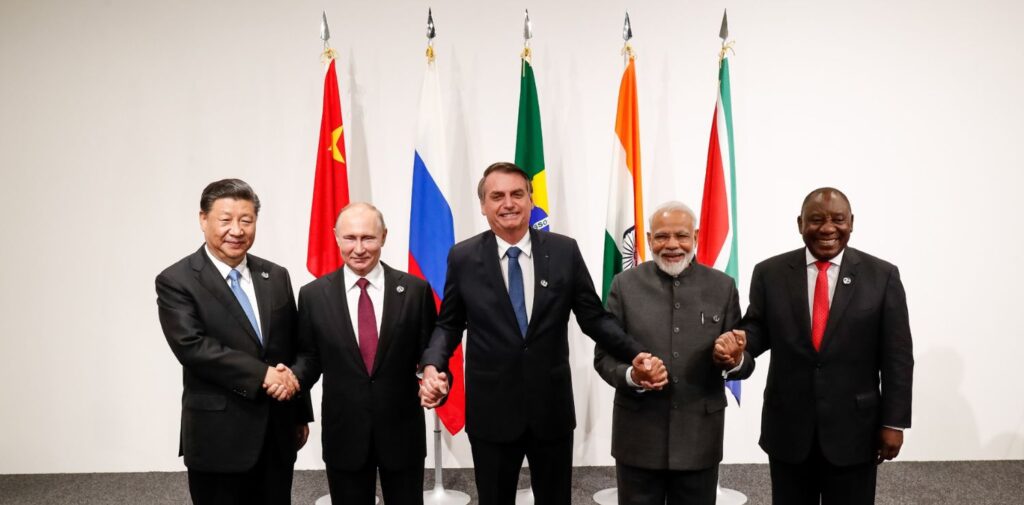
The Future of BRICS Challenge and the UN
As BRICS continues to evolve, its relationship with the UN will be crucial. Rather than outright competition, there may be opportunities for collaboration. Both organizations share common goals, such as promoting peace, security, and development.
- A Complementary Role: BRICS could complement the UN by focusing on economic development and fostering cooperation among emerging economies. This partnership could enhance the effectiveness of both organizations in addressing global challenges.
- Bridging the Divide: By advocating for reforms within the UN system, BRICS could help bridge the divide between developed and developing nations. This collaboration could lead to a more balanced representation in global decision-making, benefiting both BRICS member states and the broader international community.
Conclusion: The Path Ahead
In conclusion, while BRICS has the potential to challenge the UN’s influence, the road ahead is fraught with challenges. Its success will depend on its ability to maintain unity among diverse member states, establish a more formalized structure, and gain global acceptance as a viable alternative to traditional international organizations.
The future of global governance may not be a simple rivalry between BRICS and the UN, but rather a complex interplay where both can play crucial roles in shaping a more equitable and inclusive world. As emerging economies continue to rise, the importance of collaborative frameworks will only grow, making the evolution of BRICS an essential topic for international relations in the years to come.

